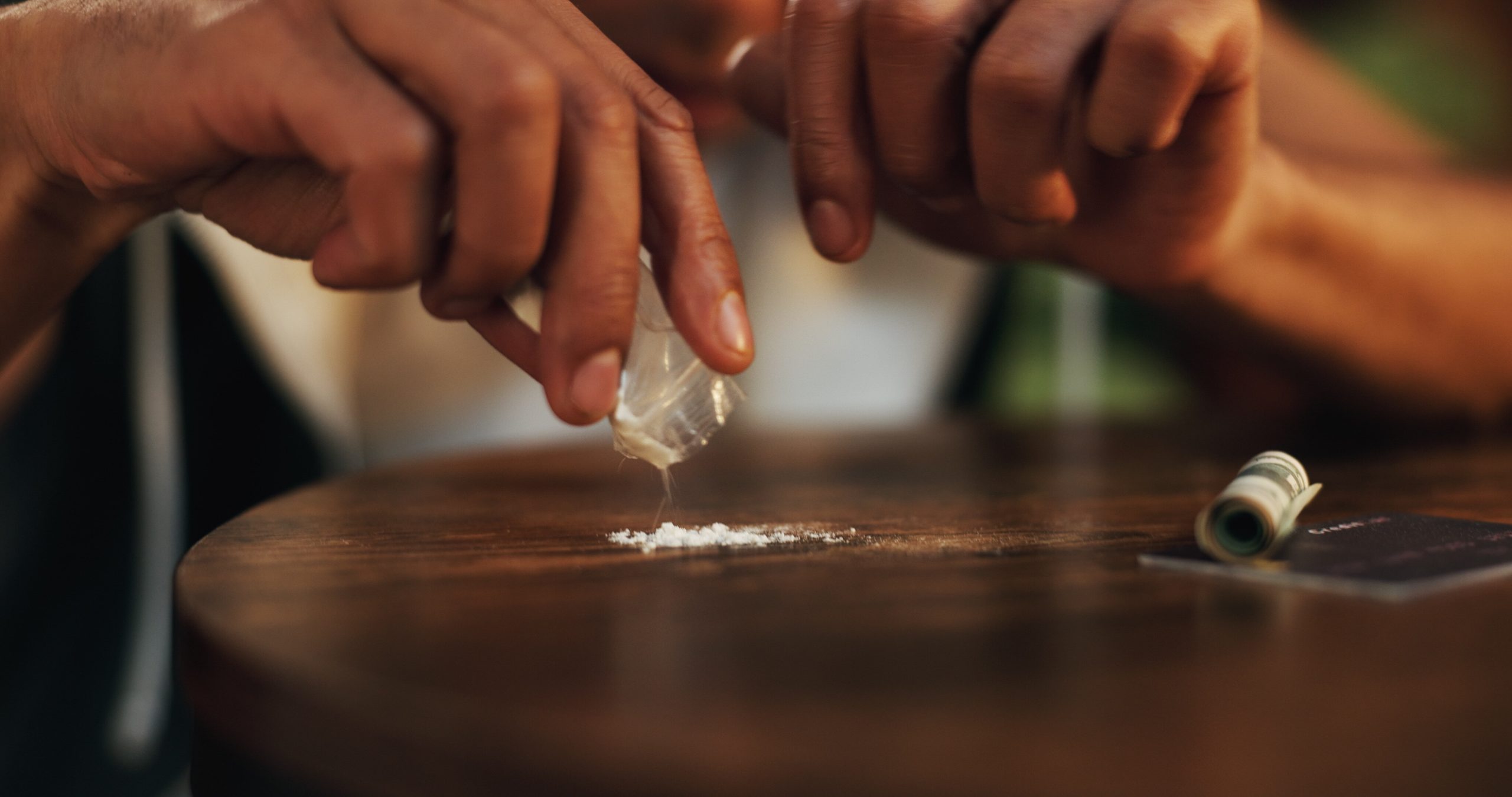- Free Consultation: (714) 351-0178 Tap to Call
What Parents Need to Know About Juvenile Drug Possession Charges

As parents, nothing prepares you for the shock of finding out your child has been charged with drug possession. It’s a situation no family wants to face, but understanding what lies ahead can make a world of difference. With the right legal approach, you can ensure that your child is treated fairly and given a chance to rebuild. Katie Walsh, an experienced Orange County juvenile defense attorney, is committed to helping families like yours. Contact her office today to explore your options.
What Constitutes Juvenile Drug Possession?
In California, drug possession is defined as having control over illegal substances, whether physically on the person or stored elsewhere, such as in a bag, locker, or car. Even a small amount of drugs can lead to charges for juveniles, regardless of whether they intended to use the substance or were simply holding it for someone else.
The term ‘possession’ extends beyond what’s physically found on your child. For instance, if your child is caught with a friend’s backpack containing drugs, they could still face charges. Proximity to illegal substances can also lead to charges depending on the situation, making it essential to understand the circumstances surrounding the accusation.
Potential Legal Consequences for Juvenile Drug Possession
Potential consequences include:
- Fines and fees: Financial penalties can place additional stress on families.
- Mandatory counseling or education: Courts may require your child’s attendance in programs addressing substance use.
- Probation: This often includes curfews, school attendance requirements, and regular check-ins with a probation officer.
- Juvenile detention: For more severe or repeat offenses, time in a detention facility may be ordered.
These penalties, while aimed at rehabilitation, can still have long-term implications. A juvenile drug conviction can affect college applications, job opportunities, and other areas of your child’s future.
The Juvenile Court Process in California
- Arrest and Detention: Juveniles may be detained or released to their parents after arrest. Contacting an attorney promptly is critical.
- Detention Hearing: A hearing within 48 hours determines whether the juvenile will remain in custody or be released. An attorney can advocate for release.
- Diversion Programs: These programs offer an alternative to formal charges involving counseling, community service, or education.
- Adjudication (Trial): If the case proceeds, a judge determines whether the charges are valid. There is no jury in juvenile cases, and legal representation is vital.
- Sentencing: If found guilty, consequences may include probation, detention, or rehabilitation programs. A lawyer can push for the least restrictive options.
Seek Legal Help from an Orange County Juvenile Criminal Defense Lawyer
When your child is facing a drug possession charge, every decision you make matters. Katie Walsh, a seasoned Orange County juvenile criminal defense lawyer, is committed to guiding you through this challenging time. She knows the ins and outs of the juvenile court system and works to secure outcomes that prioritize your child’s growth and future. Whether it’s negotiating reduced penalties, seeking diversion programs, or defending your child in court, Katie Walsh will fight to ensure your family is supported every step of the way. Call (714) 351-0178 or contact us online today for a consultation.






